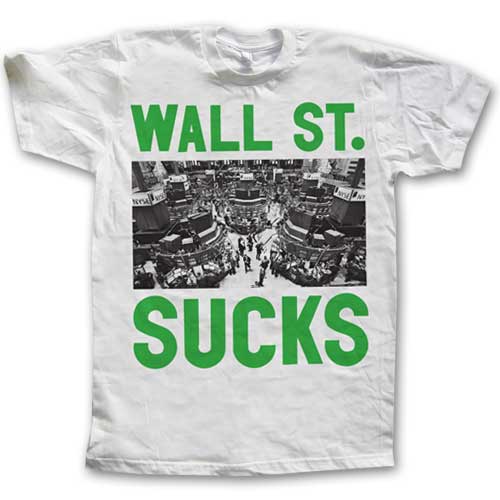 Lately I’ve been writing a lot about the downsides of small-to-mid sized Tech IPOs. Fuze Box’s CEO, Jeff Cavins, can vouch that I’m not exaggerating. Last October he found himself in charge of a decade-old and dusty company—then called CallWave— that had a surprisingly modern and sexy new product. Called Fuze Meeting, it was a cloud-based way to collaborate in real-time, on any computer, BlackBerry or iPhone in high-definition. It had just launched its the beta iPhone app version of the product to positive reviews.
Lately I’ve been writing a lot about the downsides of small-to-mid sized Tech IPOs. Fuze Box’s CEO, Jeff Cavins, can vouch that I’m not exaggerating. Last October he found himself in charge of a decade-old and dusty company—then called CallWave— that had a surprisingly modern and sexy new product. Called Fuze Meeting, it was a cloud-based way to collaborate in real-time, on any computer, BlackBerry or iPhone in high-definition. It had just launched its the beta iPhone app version of the product to positive reviews.
But Steve Jobs himself endorsing the app would have done little to alleviate the company’s core problem: It was a publicly traded company with all of the downsides and none of the benefits.
The downsides of a running a public company are well documented. Cavins had to spend a huge chunk of his time managing Wall Street and running the company on a quarter-to-quarter basis. And the company was spending upwards of $25 million a year in public company costs like directors & officers insurance and Sarbanes Oxley compliance.
But in Fuze’s case the upsides weren’t there either. The stock didn’t trade enough to give anyone any real liquidity or give the company any real access to raising additional capital. The final straw was the October financial meltdown: The measly two analysts covering the stock got laid off in all the Wall Street bloodletting. Imagine an earnings call with nothing but crickets chirping during the Q&A. No research means even less press and even fewer buyers. Ouch.
As a publicly traded company, CallWave, Fuze Box, or whatever you want to call it was just a failure. It had a weird mix of old CallWave shareholders who were trapped in the stock, and new believers in the Fuze Meetings product that were never going to get much appreciation no matter how well the product did.
That’s when Cavins went to his board and suggested “an LBO, without the L.” In other words, taking the company private using the cash of the company, not debt. Fuze Box’s bankers couldn’t find another example of this happening in tech or Silicon Valley history.
Here’s why it worked:
– The stock was 67% owned by the board and Cavins who agreed not to sell shares in the transaction and vote with the management to approve the deal.
– The company had some $33 million in cash—enough to give the shareholders a 44% premium on the stock and have $20 million still left in the bank for growth.
– There actually was a pretty good vision and product for the future. Fuze Box also has a Fuze Messenger product and a Fuze Movies project in beta that helps Hollywood filmmakers collaborate on dailies and special effects in real time and high definition.
Here was the downside: Fuze Box announced the tender offer in May– the same time it released its full Fuze Meeting product that the new company is being shaped around. Because Fuze couldn’t afford any price swings, Cavins had to duct tape his marketing department’s mouths shut. (Although our own intrepid Jason Kincaid ferreted the news out and liked the product, as you can see here. Others do too.)
The silence didn’t stop sales. The company will announce Thursday morning that it has 1.1 million registered users in the short time the product has been out. It gives the software away for free for three-person conference calls so the majority of those users don’t pay. That said, in coming months the company will be announcing a new Fortune 200 customer who spent several million on the software, and a big Hollywood studio using the Fuze Movies product to remotely collaborate on special effects for an upcoming Denzel Washington blockbuster.
Fuze Box has roughly $20 million left in the bank and is on a $25 million-revenue run rate. It has a software-as-a-service business model, but Cavins insists that unlike other SAAS companies like Salesforce.com and NetSuite, it won’t have to hire up huge sales and marekting staffs. We’ll see.
But even if it does, at least the company is saving more than $25 million by being private.
(PS- Hey, Cavins: You can find out more about that sweet T-shirt here.)